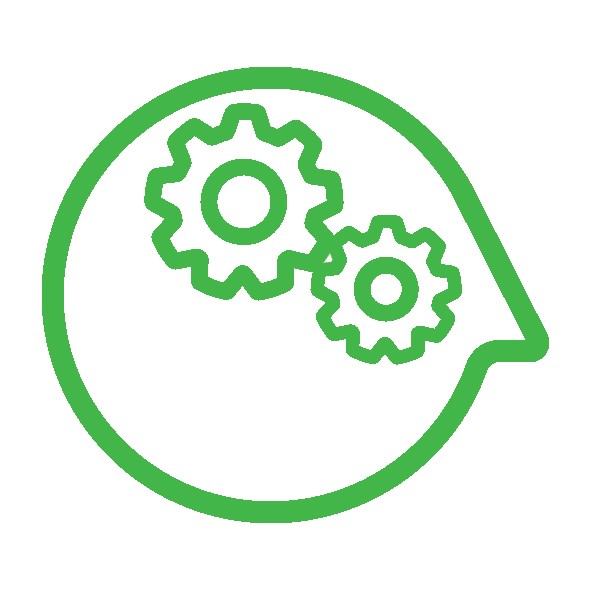Artificial Intelligence Update: Can Machines Own Copyright in Their Creations?
The 2017 EU Parliament Civil Law Rules on Robotics concluded with a prompt to the Commission to consider in the future:
“Creating a specific legal status for robots in the long run, so that at least the most sophisticated autonomous robots could be established as having the status of electronic persons responsible for making good any damage they may cause, and possibly applying electronic personality to cases where robots make autonomous decisions or otherwise interact with third parties independently”
Is this open prompt to the Commission in any way grounded in reality? More importantly, how do we now treat those narrow AI machines that are creating masterpieces and writing books? Are they authors or, indeed, can they be authors?
The expert view
A good place to begin is to check in with some experts in this area. A group of signatories representing AI and robotics researchers, industry leaders, law and ethics experts, health specialists and political leaders have written an open letter to the European Commission urging it to rethink this approach to advancements in AI and robotics. They reasonably maintain that a legal status for a robot cannot be derived from the natural person model. The robot would then hold human rights such as the right to dignity, the right to its integrity, the right to remuneration or the right to citizenship. Neither should it derive from the legal entity model, since it implies the existence of human persons behind the legal person to represent and direct it. And this is not the case for a robot.
 The main thrust of views on this topic appears to be as follows:
The main thrust of views on this topic appears to be as follows:
- To seek to grant some form of “entity” or “agency” status to the narrow scope of AI on offer at present is foolhardy considering the very limited general intellectual capacity of the technology
- It is misconceived to seek to shoehorn the round peg of general artificial intelligence into the square holes of a “natural person” or a “legal entity” because of the very specific make up of those legal terms
By this logic current iterations of AI do not have the capacity to own or have rights to work output. Given that true general artificial intelligence is not expected to be with us for decades, or longer, we may comfortably set this argument aside for the short to medium term.
The author?
So, if a machine can create a masterpiece but there are no reasonable grounds to attribute the work to the machine, who shall be the owner? For this we can look to Sections 2 and 21 of the Copyright and Related Rights Act 2000 (CRRA) where such a scenario was anticipated when the legislation was enacted almost 20 years ago.
Under Section 2 of the CRRA, a “computer-generated” work is one that is generated by a computer in circumstances where the author of the work is not an individual. The author of this type of work according to Section 21(f) of the CRRA is the person by whom the arrangements necessary for the creation of the work are undertaken.
In the absence of significant case law in this area, we shall have to wait to understand how terms like the arrangements necessary for the creation of the work will be interpreted. In the meantime we may reasonably assume that the data scientists and software engineers putting together the models and software are individually and collectively the authors and first owners. As with all software projects that outcome is not workable for the developing entity. As a result, AI projects need to be very clearly scoped when it comes to an understanding of who shall own the outputs from both a data and IP perspective. Attention will need to be paid to local law approaches to IP created by the employee and contractors, similar to the manner in which traditional software is developed.
Conclusion
By all accounts the scope of intelligence of current AI systems is quite limited although apparently very impressive for dedicated tasks. In most cases this narrow AI provides far superior results to human counterparts. However, it is far too early to speak about these systems in terms of it or them. As a consequence it is also far too early to contemplate machine ownership of IP in AI created works. The issue is further complicated when we consider how even a truly intelligent machine might be able to take on rights and obligations when current legal concepts of a person/entity are at odds with this new technology. We can be sure, however, that this issue will not go away and we should expect significant debate in the coming years.
For more information on the development of AI and its likely impact on your business, contact a member of our Intellectual Property or Technology teams.
The content of this article is provided for information purposes only and does not constitute legal or other advice.
Share this:



